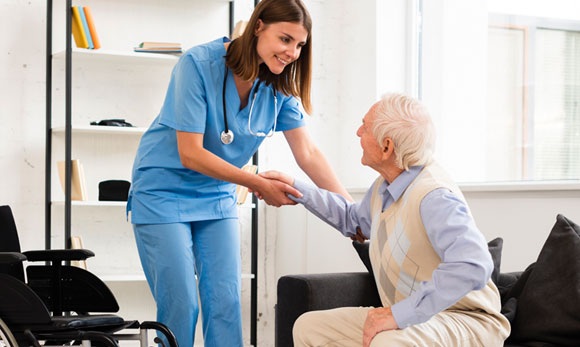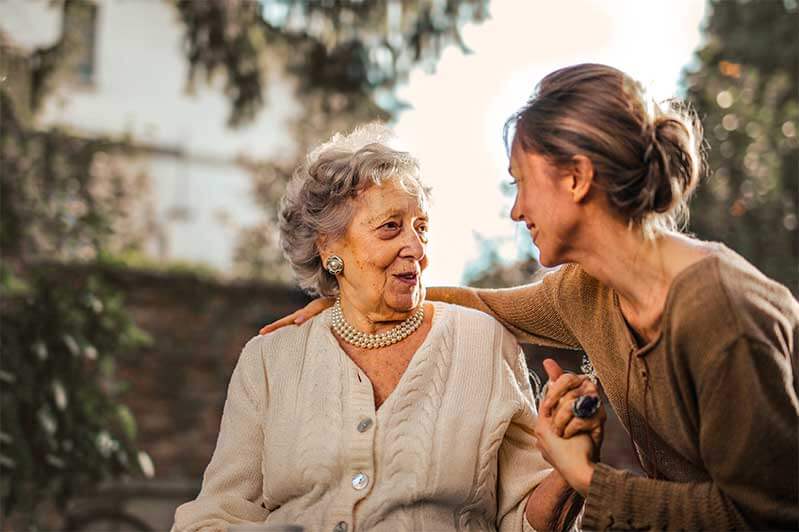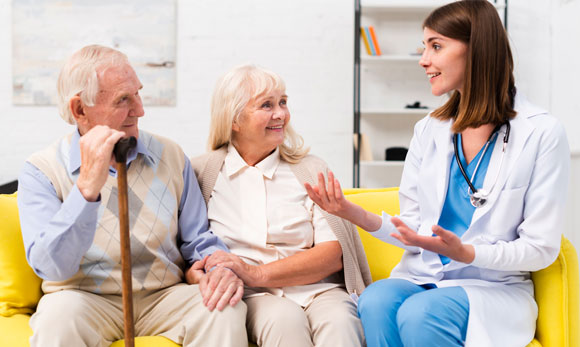Bladder Health-How It Changes As We Age

Bladder Health-How It Changes As We Age
Is it inevitable to have incontinence aka overactive bladder as a part of our elder years in life? Short answer is not quite! People of all ages can experience bladder issues. and, there is no reason to expect this to occur or accept it. Yet, many people assume that bladder issues are resigned to people over a certain age group and that we are helpless in the ‘natural course of nature’. But, to say you have to get it is wrong. So let’s discuss bladder health.
Our bladder is a part of our urinary system which consist of the bladder, ureter’s, urethra and kidneys, and located in the lower abdomen area of the stomach. As we age our bladder does change. It may lose some of its elasticity and become tougher. As such this change may impede the bladder’s ability to hold as much fluid. It may also lose the strength to fully eject all the fluid and leakage can occur. The bladder is best compared to a ballon that expands and shrinks as it fills and empties. Instead of air or water inside a ballon it is filled with urine that your body deems to be excess fluid and waste that is not needed.
Having a bladder issue can really disrupt your normal way of life. Unexpected leakage, or uncontrollable urine flows can wreck havoc on your self esteem. Common bladder issues consist of Urinary Tract Infections (UTI’s) and manifest localized to a ureter infection, urethra infection or kidney infection.
Older women are at a higher likelihood of developing some form of bladder infection. Women in general get UTI’s more often than men because of a shorter urethra and it is easier for women to have outside bacteria enter their urinary system. Most UTI’s occur when urine is not fully expelled and some remains in the tract or bladder for a period of time fostering the infection. There is also bladder cancer that is inside of the lining of the bladder (please click on the link for info on bladder cancer).
In our last blog we discussed diabetes and how it damages nerves throughout the body. Your bladder also has nerves around it which can be affected by diabetes. Being overweight increases your risk for leaking urine and increases your chances of developing diabetes. A consistent lack of physical activity will increase your chances of becoming overweight- see the plausible connection.
Physical activity is good for over all health but did you know it can also decrease constipation which (constipation) can put pressure on the bladder from the buildup of excess stool. Other focus points to mind are alcohol consumption, caffeine, having sex- (unsafe sex and transporting bacteria from anus to vagina) and birth control devices such as diaphragms and spermicides. It is advised to urinate after sex to help flush bacteria. Trauma from childbirth, sexual assault and surgery (e.g. prostrate) can also damage the nerves controlling the bladder. Post trauma medicines such as sedatives can relax the nerves in the bladder and eliminate the urge of the ‘necessity’.
Visit your physician if you experience frequent sudden urges to go to the bathroom, unable to hold urine or have incontinence. If the color changes or is bloody, if you have an urge to urine but only produce a weak stream, if you have small amounts or spurts of urine, or trouble getting a stream to flow- you should make an appointment.
The need to see a physician is critical as with all medical issues; the sooner you are properly seen and diagnosed the sooner care can begin and the severity reduced. But if you have waited some time you may experience chills, fever, night sweats, pain in side back or groin, mental confusion, abdominal pain and nausea and vomiting. For older people experiencing an UTI the only sign and symptom may be confusion, mental changes, tired, weak and muscle aches.
With a healthy bladder you should be able to control and maintain 2 cups of water, if properly hydrated you should visit the bathroom four – eight times a day and up to twice during the night. Being hydrated helps with your bodies ability to function with every aspect of live, from the cellular level all through out your system out onto your skin. In order to stay hydrated focus on drinking six- eight glasses of water a day. Exercise and physical activities such as strengthening your pelvic floor muscles (exercises for women); here are some (for men) will help maintain a healthy bladder. Cut down on caffeine, spicy and acidic foods, eliminate smoking, and take your time when going to the bathroom and attempt to empty your bladder.
So to answer the question in the beginning. Yes, bladder incontinence is experienced more by elderly people, but no it isn’t reserved for elderly people or only because we are aging. Many elderly people have bladder issues because this population tends to have other medical conditions or co-morbidities that play a role in their bladder functions. Maintaining hydration, exercise, good eating habits, and healthy life style choices are all methods of extending the life of a strong elastic bladder and remember to make annual physical assessment’s with your physician a part of life. If you have issues please make sure to visit your physician so they can assist you in regaining some control.
Disclaimer: This article is intended as a friendly reminder with recommendations. It is not medical advice, direction or prescription of any sort. Please refer to professional services for any health-related questions, concerns and relief.

Contact us
Reach Us
Our dedication to caring for our clients is more than just a job. “It’s a way of life.” Let us help you maintain your independence today!
4751 Best Road Ste 400B College Park GA, 30337
Phone: (770) 808 6070
Fax: (770) 679 8593






